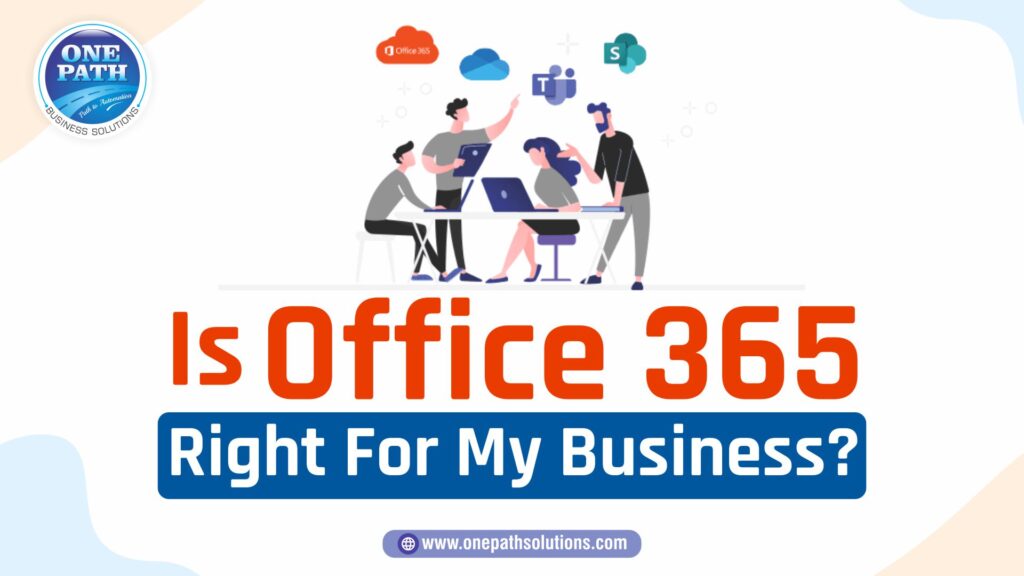Big data has revolutionized industries across the globe, unlocking immense potential and providing valuable insights that were once unimaginable. In this article, we will explore the numerous benefits of utilizing big data and how it can shape the future of businesses and decision-making processes. By harnessing the power of massive datasets, organizations can gain deeper understanding, make informed predictions, and drive innovation in ways never seen before. From enhancing operational efficiency and optimizing customer experiences to enabling data-driven strategies and fostering competitive advantage, the advantages of leveraging big data are vast and far-reaching. So, join us as we delve into the transformative benefits of embracing big data and discover how it can revolutionize the way we approach problem-solving and drive success in today’s data-driven era.
The era of big data brings forth a multitude of advantages that extend beyond mere data analysis. In this second paragraph, we will explore the specific benefits that arise from harnessing the power of big data. By uncovering patterns and trends within vast amounts of information, organizations can gain valuable insights into customer behavior, preferences, and market dynamics. This, in turn, empowers them to make data-driven decisions that lead to improved operational efficiency, targeted marketing campaigns, and enhanced overall performance. Additionally, big data opens up avenues for innovation and discovery, allowing businesses to identify new opportunities, create personalized experiences, and optimize their processes. Whether it’s predicting market trends, optimizing supply chain operations, or fostering research and development breakthroughs, big data holds the key to unlocking new frontiers of growth and success.
Here are many benefits to using big data analytics. Some of the most common benefits include:
- Improved decision-making: Big data analytics can help businesses make better decisions by providing them with a deeper understanding of their customers, operations, and markets. This information can be used to identify new opportunities, improve customer service, and optimize business processes.
- Increased efficiency: Big data analytics can help businesses identify areas where they can improve efficiency. For example, businesses can use big data to identify unnecessary costs, optimize supply chains, and improve customer service.
- Reduced risk: Big data analytics can help businesses identify and mitigate risks. For example, businesses can use big data to identify fraudulent activity, prevent customer churn, and manage risk exposure.
- Increased innovation: Big data analytics can help businesses innovate by providing them with new insights into their customers, operations, and markets. This information can be used to develop new products and services, improve existing products and services, and enter new markets.
How to Use Big Data Analytics for Your Business
If you’re interested in using big data analytics for your business, there are a few things you need to do. First, you need to collect the right data. This data can come from a variety of sources, such as customer transactions, social media activity, and sensor data. Once you have the data, you need to store it in a way that makes it easy to access and analyze.
Next, you need to use the right tools to analyze the data. There are a variety of big data analytics tools available, so you need to choose the ones that are right for your needs. Once you have the tools, you need to run the analyses and interpret the results.
Finally, you need to use the results of the analyses to make decisions and take action. This is where the real value of big data analytics comes in. By using big data analytics, you can make better decisions, improve your efficiency, reduce your risk, and innovate.
Conclusion
Big data analytics is a powerful tool that can help businesses improve their performance in a variety of ways. If you’re interested in using big data analytics for your business, there are a few things you need to do. First, you need to collect the right data. Next, you need to store the data in a way that makes it easy to access and analyze. Then, you need to use the right tools to analyze the data. Finally, you need to use the results of the analyses to make decisions and take action.




